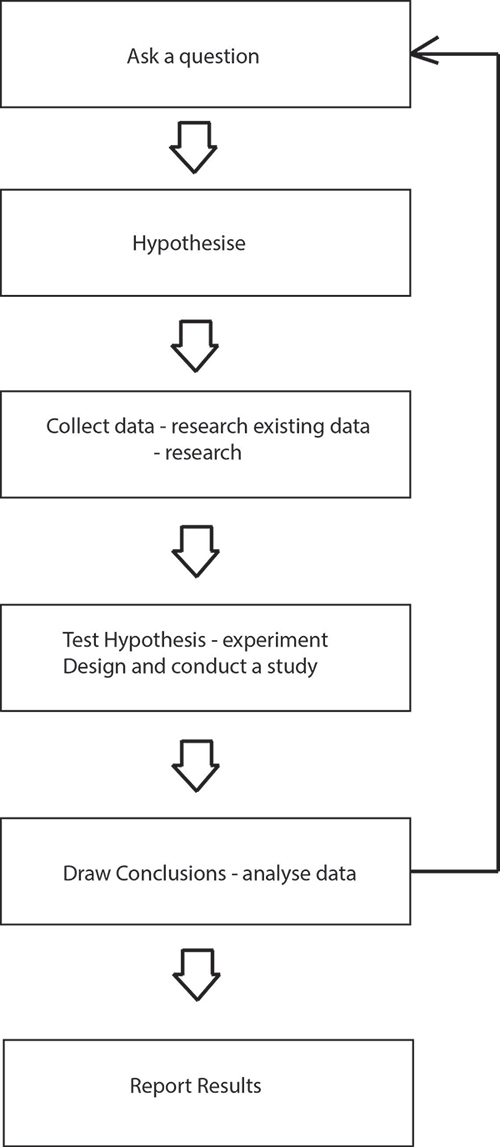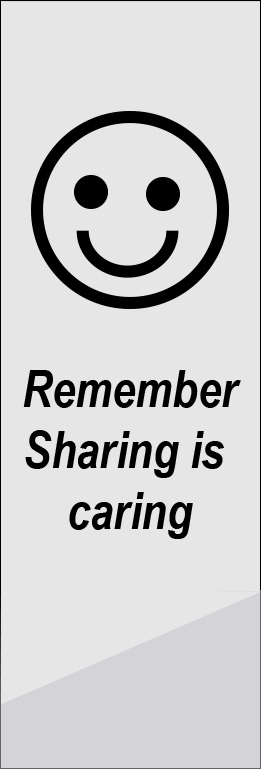The scientific method
What is Science?
“Science is a systematic and logical study towards how the universe works. Science is a dynamic subject. Science can also be defined as the systematic study of the nature and behavior of the material and physical universe, based on observation, experiment, and measurement, and the formulation of laws to describe these facts in general terms.”
From Wikiversity - Use of science concepts in daily lives - https://en.wikiversity.org
Now the definition is out of the way we are going to concentrate on the scientific method.
The below diagram shows how this works.

Example1:
Step 1 - Ask a question:
Is there a link between smoking and lung cancer?
Step-2 - Hypothesise:
You might think yes
Step 3 - Collect data/Research:
You may collect data by finding out how many people who smoke. Find more statistics about those who smoke.
Step 4 - Test Hypothesis:
You could test the chemical makeup of a cigarette and see if there are any links. You could also use a lung screening machine to test your hypothesis.
Step 5 - Draw Conclusions:
Reading the results you can now come up with conclusions.
Step 6 - Report Results:
Here you can prepare documents and other things to show to your colleagues.
The scientific method doesn’t always have to be confined to the other sciences like biology, psychology or Physics etc... You can use it in other areas as well including everyday life too.
So, here’s another example:
Step 1 - Ask a question:
Why won’t my car start?
Step-2 - Hypothesise:
You think it’s the battery
Step 3 - Collect data/Research:
You might note the brand and type of battery
Step 4 - Test Hypothesis:
You use a car battery tester - analyser
Step 5 - Draw Conclusions:
By reading the results from the battery tester you conclude that it is a battery problem.
Step 6 - Report Results:
No need for a report here.
